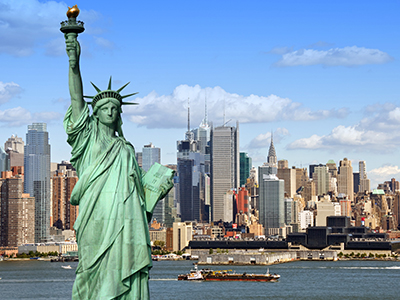On June 29, 2015, New York City Mayor Bill de Blasio signed into law the Fair Chance Act (the “Act”), which prohibits employers from inquiring into the criminal backgrounds of certain job applicants in the initial stages of the employment application process. You can read more about the Act here. The New York City Commission on Human Rights (the “Commission”), the agency charged with enforcement of the Act, recently issued “Legal Enforcement Guidance” (the “Guidance”) regarding the Act. As summarized below, the Guidance provides clarity regarding various aspects of the Act, including definitions of key terms, per se violations and exemptions from the Act.
The Commission Speaks: Guidance for Employers Regarding the New York City Fair Chance Act



